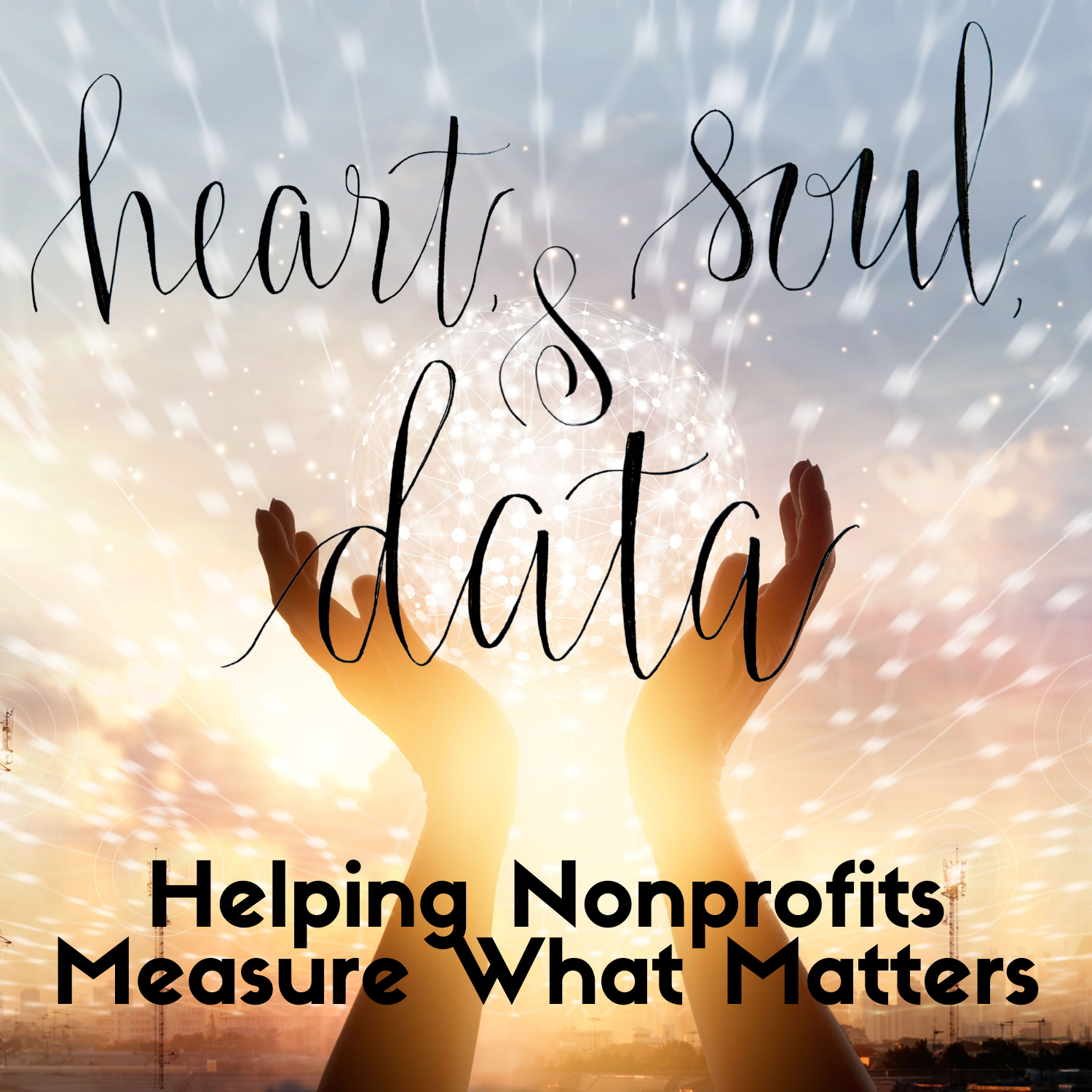60: Using Data While Human - Part 2
Description
In this two-part episode, you will get a better idea of how we use data as humans and understand how our brains work to analyze the data that we acquire every day in powerful and effective ways and the possible mistakes we might make along the way. Learn more about the four biases and what you can do about them:
Pattern-seeking - What you can do: Triangulate your data
Causality - What you can do: Experiment more
Confirmation bias - What you can do: Ask "What data would change my/your mind?"
Attribution - What you can do: Keep your language within
Knowing these and finding out the signs to look out for and what to do gives us a chance to become better when it comes to decision-making not only at work but also in our personal life.
Merakinos provides analytics as a service, data strategy consulting, analytic project work, and data fluency training for individuals and organizations seeking to build and strengthen analytic capacity and data-driven decision-making. We can work with your organization to identify the key analytic insights you need from your data, develop and maintain actionable dashboards or reports, and deliver them across your organization monthly, weekly, or on your schedule. Or if you would like to develop internal capacity, we can provide training on key platforms like Power BI, Tableau, or Alteryx. And if you aren't sure where to start, our advisory services can help you design and implement effective analytic strategies to amplify your impact.
More Episodes
Dr. Ama Nyame-Mensah, an expert in data storytelling and visualization, discusses the problem of oversimplification in data visualization in this podcast episode. She explains how this issue can occur during data aggregation, visualization selection, and a lack of artistic expression. Emphasizing...
Published 07/01/24
Published 07/01/24
Dr. Tasha Parker, a clinical social worker and community psychologist, shares her journey into data and founding the Institute of Development. She emphasizes using data in a therapeutic, trauma-informed way to address systemic inequities and promote harm reduction. Dr. Parker discusses barriers...
Published 06/20/24


